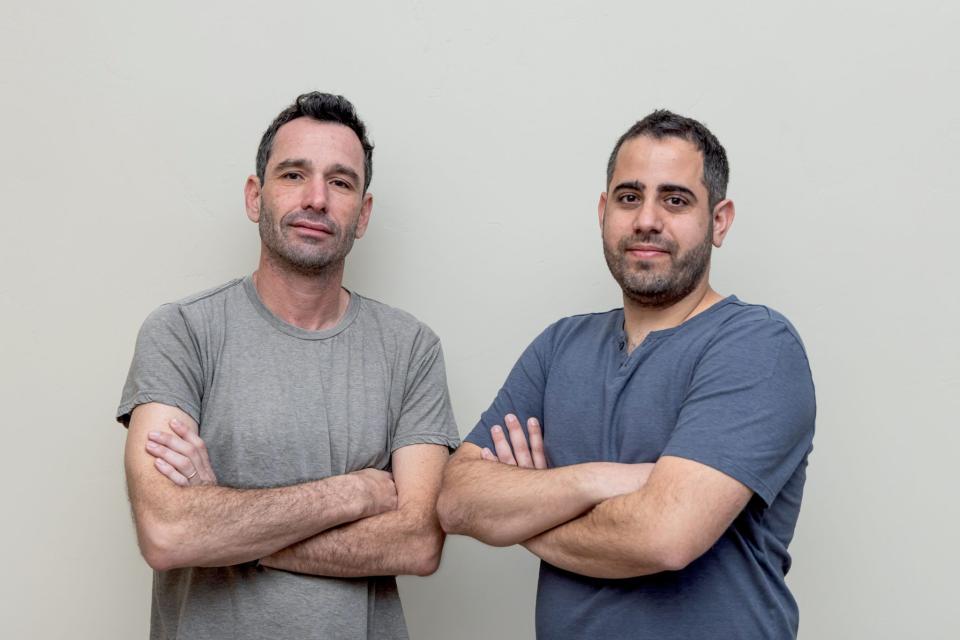SimpleClosure, the startup helping shut down other startups, has raised a $4 million seed round

If Disney’s The Lion King is right, and the "Circle of Life" does indeed move us all, then that includes startups too.
As exciting as it is to launch a young startup, the heady hopes of success don’t always pan out. And in the demise of decaying startups, the opportunity for other startups is created. SimpleClosure, a startup that streamlines the shutdown process for dying startups, is the ultimate expression of this.
In September, SimpleClosure made headlines when it raised $1.5 million in pre-seed funding in about 24 hours without even having a pitch deck. Now, SimpleClosure has raised a $4 million seed round, led by Infinity Ventures, and including Anthemis Group and Foxe Capital, Fortune has exclusively learned.
One might see a morbid, even Tim Burton-esque quality to being a company that readily engages with failure and entrepreneurial death. But SimpleClosure CEO and cofounder Dori Yona, a three-time founder himself, has a different take on being a startup undertaker.
“I would argue that what we do isn’t sad, depressing, or negative,” he told Term Sheet. “It’s the exact opposite. We’re giving founders and stakeholders peace of mind, by letting them focus on what’s next, rather than living with the pain and labor that it takes to deal with this, and how it can drag along.”
Shutting down a startup is not as simple as one might think. There can be a lot of emotions involved, as well as interpersonal issues. Even without any bad blood among the founders, a shutdown is an inherently grueling and friction-filled process.
"The dirty secret of startups is that 90% fail, but the amount of time that anyone wants to spend on that problem is 0%,” said Ruth Foxe Blader, general partner at Foxe Capital.
SimpleClosure takes a process that on average lasts an agonizing nine to 12 months, and can trim it down to “days or weeks,” according to the company.
“It’s a surprising pain-in-the-ass to do and you end up having a lot of tail risk if you do it yourself,” said existing investor Rex Salisbury, Cambrian Ventures founder and general partner. And Salisbury would know—he’d previously closed down a company in a protracted three-year process. That's partially what sold him on SimpleClosure, which has increased its revenue by 14 times since the company’s launch in September. Salisbury’s thinking about the company as ultimately having platform opportunities.
"They've been growing very quickly, and organically can start to…build on top of the shutdown engine, [with products] like tail insurance,” he said.
In a tough year for LPs, VCs, and founders, SimpleClosure is among a few firms looking to capitalize on the situation. Sunset, and Carta’s newly launched Conclusions product, also target the end-of-life startup market.
This year will likely involve more startup shutdowns than 2023, notes PitchBook analyst Kyle Stanford.
“While it’s not necessarily the market’s fault that these companies are going out of business, it is the market’s fault that there are so many venture-backed companies,” says Stanford. “From a venture investor’s standpoint, there’s only a certain number of companies that can generate these returns.”
For some startups at least, that’s not bad news. “The venture circle of life is real,” says Stanford.
Take Gilad Uziely, who had to shut down his previous fintech, Lance Global, six months ago. His SimpleClosure shutdown process took three weeks, he told me, and he’s already moved on to his next venture—in late January, Uziely’s new company Sequence announced they’d raised a $5.5 million seed round.
And that’s the circle of life. Sure, there’s birth and death, but there’s also starting over, knowing you can fail—and anyway, blinking, stepping into the sun.
See you tomorrow,
Allie Garfinkle
Twitter: @agarfinks
Email: alexandra.garfinkle@fortune.com
Submit a deal for the Term Sheet newsletter here.
Joe Abrams curated the deals section of today's newsletter.
This story was originally featured on Fortune.com

 Yahoo Finance
Yahoo Finance 